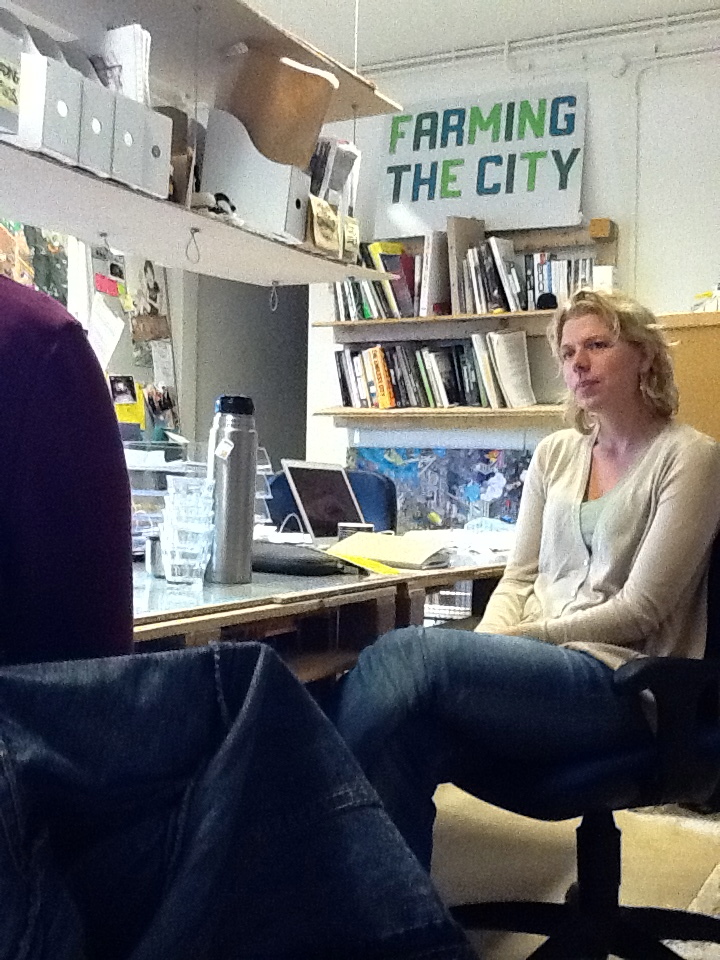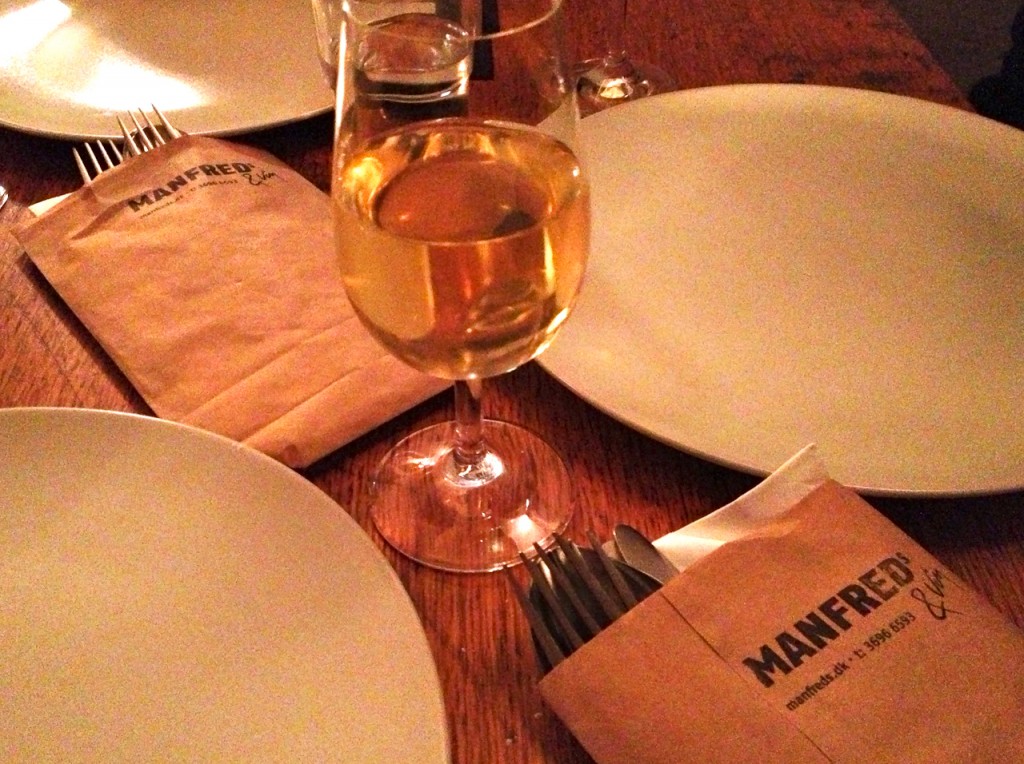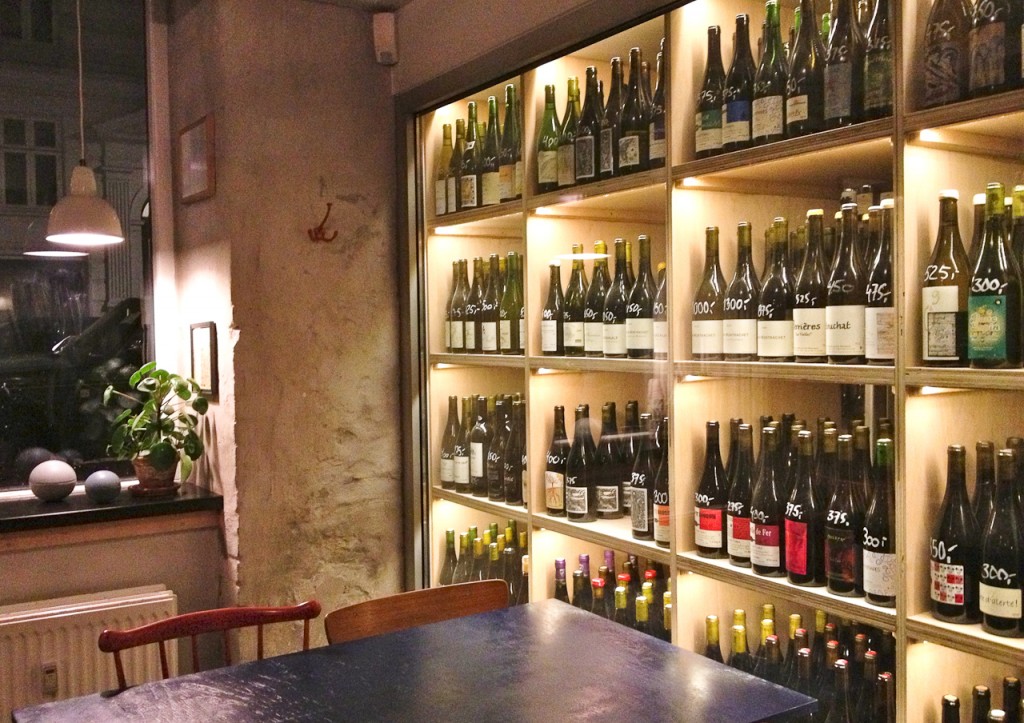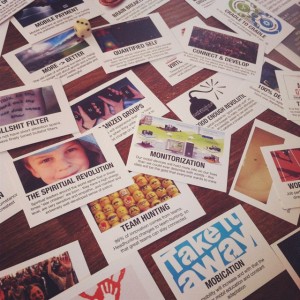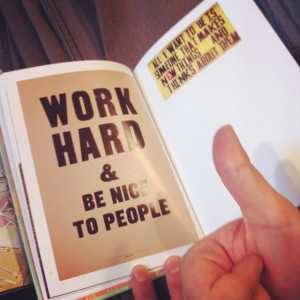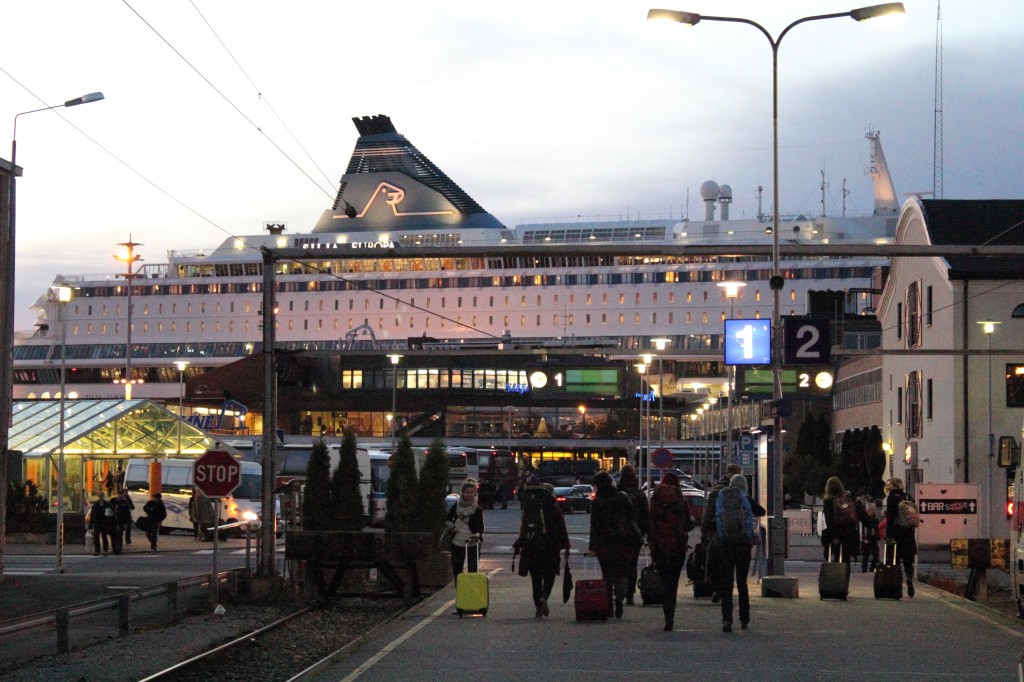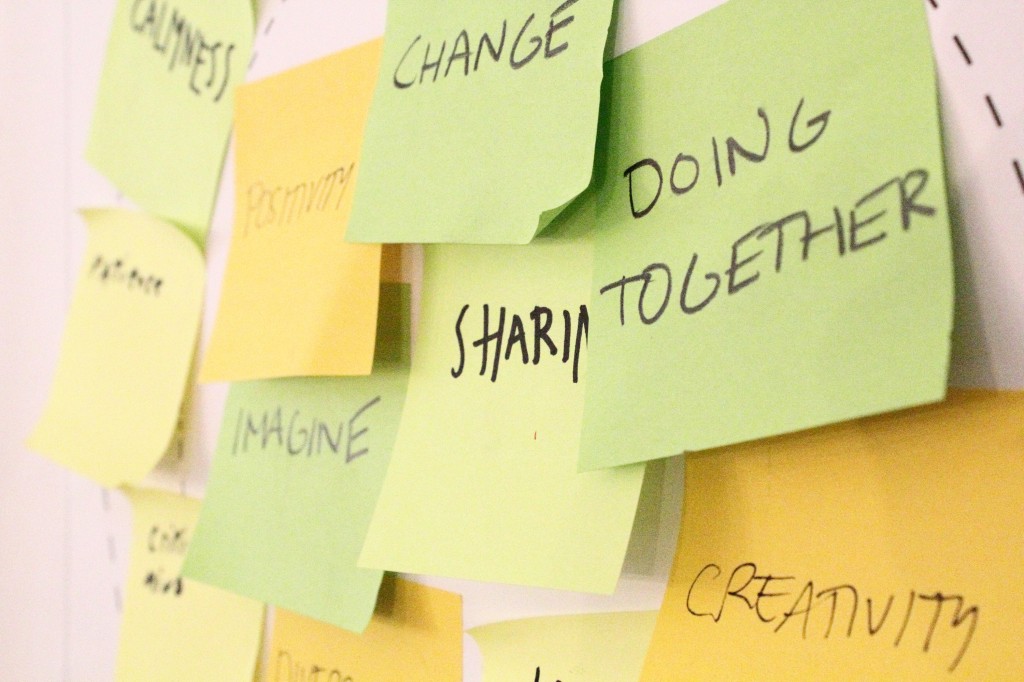Start ups have made their way from garages to the talks of ministres. Finland craves for a new Nokia or for whatever innovations to patch up floundering exports and the gradual rundown of several industries. So far start-ups have been built up in the hands of people from business or technical backgrounds. Aalto University’s Aalto Venture Garage Start up-hub has been nominated the official lifesaver of the country. Is there anything out there for social scientist and humanists?
Codrin Kruijne thinks there is. “Not everyone needs to become Steve Jobs”, he starts. Kruijne guides and teaches students at the Utrecht Center for Entrepreneurship in the Netherlands. UCE’s one year-lasting program aims at making students of social sciences and humanities aware of entrepreneurship as a career option and preparing them for it. A humanist may stop reading here, but in the UCE being an entrepreneur means something else than working long hours in the hope of getting filthy rich. “We don’t want to create these mythical entrepreneurs but to stimulate entrepreneurial behavior”, Kruijne tells. In UCE the vision is, that an entrepreneur with an academic background can make a difference in society with novel applications of his disciplinary (scientific) knowledge. UCE students have founded eg. Brood Funds, a new community based insurance system for unemployed people.
So UCE sees entrepreneurship from a new angle, which however doesn’t mean you could avoid courses on accounting or marketing while studying there. That is because no matter how non-profit your enterprise is, the bills and wages still need to be paid. This is what many idealists forget when talking about money feels uncomfortable. Again, marketing is often mixed with mere advertising, although it should be seen as the process of getting to know your customer. It is the “interaction between what you want to do and what you customer needs”, as Codrin Kruijne puts it.
The University of Utrecht resembles the University of Helsinki in the sense that neither of them have faculties for business or technology. UCE gets students from eg. psychology, history, biomedicine an political science. Codrin Kruijne thinks that the strengths of academic entrepreneurs are especially abstract thinking and understanding of complex systems. In addition academic entrepreneurs are familiar with the scientific method where you don’t just make a ready “business plan”, but where the plan is being remodeled after hypotheses have been tested and experimented. Kruijne underlines, that experimenting is crucially important for a starting entrepreneur, simply because you cannot know in advance, what is going to work and what is not. “Usually we love our own idea so much, that we are not ready to accept any information that is against it. That is why the most important experiment to do is the one that proves you wrong”, Kruijne ends.


